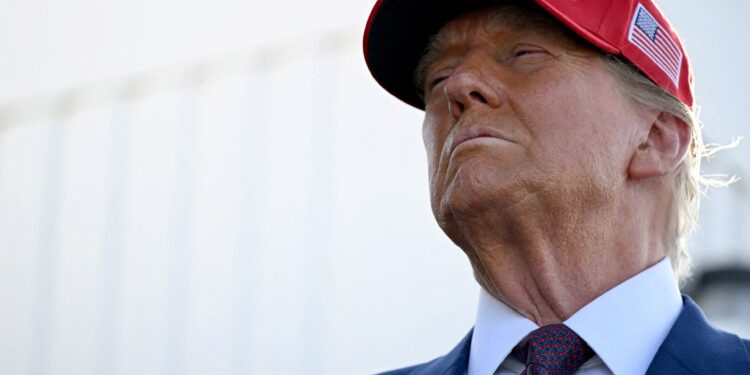The American Goldman Sachs Group expected that central banks in Asia would proceed cautiously in further easing monetary policies, which means lowering interest rates and other measures, given the strength of the dollar and the risk of imposing customs tariffs by the administration of US President-elect Donald Trump.
Chief economist for the Asia-Pacific region, Andrew Tilton, said that the lender on Wall Street believes that the Bank of South Korea is reluctant to further reduce interest rates this week, and last week, officials in Indonesia warned of the narrow margin available to reduce borrowing (interest) costs. Because of American political developments.
Slow pace
Bloomberg quoted Tilton as saying: “With the possibility of tariffs being imposed and with the dollar approaching its highest level in several decades, we think the pace of cuts will be very slow. I think the dollar is important because exchange rate stability is very important to Asian central banks.”
US President-elect Donald Trump has threatened to impose 60% tariffs on China, and early appointments – including Marco Rubio as Secretary of State and Mick Waltz as National Security Advisor – indicate that he is preparing to adopt a hostile stance.
“Policymakers in Beijing may want to keep the yuan relatively stable for now, but it will likely weaken in the first half of next year if tariffs are imposed,” Tilton said. Tilton expects that “the Chinese yuan will slide to about 7.50 yuan to the dollar.”
A stronger dollar and higher interest rates on US Treasuries would absorb funding from emerging markets, which settle where interest rates are higher and financial stability.



